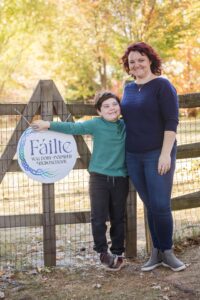Since this post was originally published, the Edupreneur Support Program (ESP) has transitioned to Stand Together and is now operated as the Stand Together Edupreneur Resource Center. Learn more at https://support.standtogethererc.org.
—

Jennifer Kempin wasn’t expecting a surprise visit from an investigator when she opened her front door one day. Standing there was someone from the Pennsylvania Department of Human Services (DHS), telling her she’d been reported for allegedly running an illegal daycare. Jennifer was taken aback – she wasn’t running a daycare at all. Instead, her home was the cozy setting of Fáilte Microschool, a small, Waldorf-inspired learning space for children in grades one through five.
“Fáilte,” which means “welcome” in Irish, is exactly that: a welcoming microschool operating four days a week. With four students enrolled, Jennifer’s focus is on creating a joyful, inclusive space for kids who want an alternative to traditional schooling. All her students are registered as homeschoolers, and their time at Fáilte is designed to support their home education program, not provide daycare.
Understanding Pennsylvania’s Licensing Rules
Under Pennsylvania law, if you provide child care to a group of four, five, or six kids in your home, and those kids aren’t related to you, then you’re considered a “family child care home.” And in that case, DHS requires you to obtain a child care license. Larger groups of seven or more kids constitute a different type of facility and require a different license.
But Jennifer didn’t feel this requirement applied to her situation at all – after all, she wasn’t running a daycare; she was running an educational program. She felt uncomfortable and asked if the home inspection was truly necessary.
The investigator said she could either agree to it then, or they’d go through legal steps to enforce it.
Leveraging Expert Advice for Peace of Mind
Thankfully, Jennifer had recently attended a conference hosted by PA Families for Educational Choice. There, she’d heard from a representative with the yes. every kid. foundation. edupreneur support team who spoke about regulatory challenges faced by microschools and other alternative learning environments. Their consultation included helpful tips on dealing with precisely this kind of situation.
At the conference, Jennifer learned an essential point: DHS’s Office of Child Development and Early Learning (OCDEL) is in charge of licensing child care facilities in Pennsylvania. However, OCDEL doesn’t assert jurisdiction over programs that fall under the Pennsylvania Department of Education (PDE).
What does this mean for a microschool like Fáilte? Since all her students are registered as homeschoolers, her program is educational, not childcare, and therefore isn’t subject to DHS’s licensing requirements. This knowledge gave Jennifer the confidence to comfortably handle the situation with the investigator.
The attorney also suggested that programs working with homeschool students keep documentation showing each child’s registration with PDE. For kindergarten-age kids (who don’t need to register until they’re six), it might even be wise to have parents officially register their children as homeschoolers if they plan to join a drop-off program.
By keeping clear records and emphasizing their program’s educational goals, edupreneurs can arm themselves to deal with similar challenges.
Moving Forward with Confidence
Jennifer later reflected on her interaction with the DHS investigator and how advice from the edupreneur support team had helped her. “I was far more confident in dealing with the DHS investigator thanks to the information I received,” she shared.
Jennifer confessed that she would have been far more nervous and intimidated by the investigator if she had not spoken with the edupreneur support team. “But with that information,” Jennifer said, “I felt confident of my rights even when the DHS investigator wasn’t sure what the law was regarding homeschoolers.”
Running a unique educational program like a microschool can be incredibly fulfilling, but it also comes with its own set of challenges. Sometimes, those challenges show up unexpectedly, like a knock on the door from DHS. Luckily, Jennifer had the information and support she needed to handle the situation with confidence and move forward without worry.
Support for Edupreneurs
If you’re running an alternative learning program and have questions about child care or other regulations that might affect your program, whether in Pennsylvania or elsewhere in the U.S., consider reaching out to the edupreneur support team with yes. every kid. foundation. Having the right information at the right time can make all the difference, helping you navigate unexpected situations with confidence and clarity.
